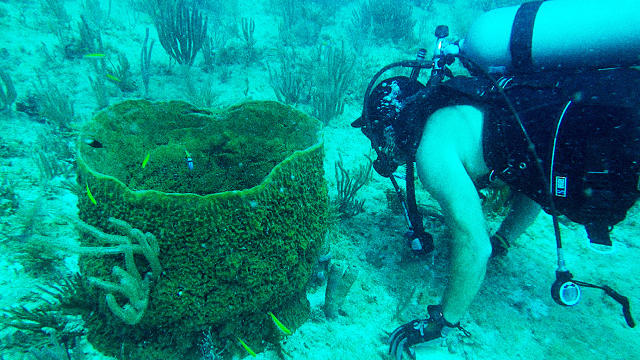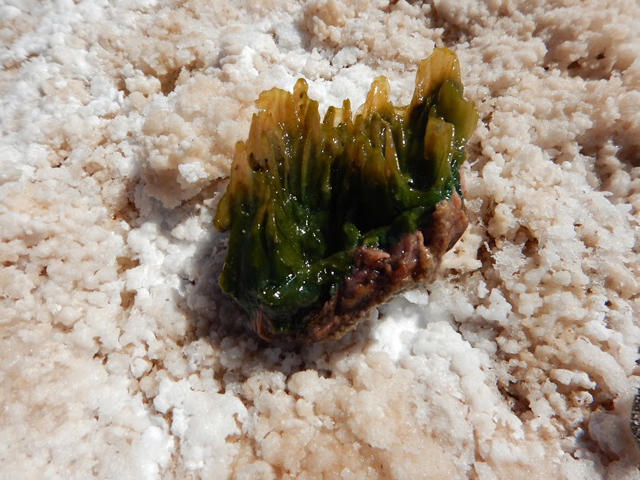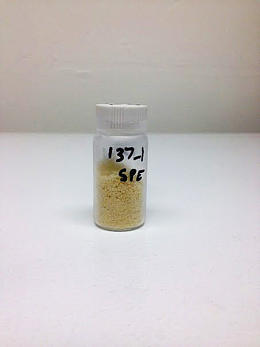"We’re just scratching the surface" of understanding the chemistry—and healing potential—in the ocean.
Some of the world’s most used medicines were directly inspired by compounds found in nature. Morphine, for example, was first extracted from opium in a pure form in the early 1800s, and Taxol, one of the most-used cancer drugs, is based on compounds originally isolated from the bark of the Pacific yew tree. Aspirin is one of the oldest nature-inspired drugs, modifying from compounds discovered in willow tree bark.
Natural products are still crucial to drug discovery today. According to a 2012 study, up to 50% of drugs approved in the last 30 years were directly or indirectly sourced from nature. But for drug companies, the 1990s was the height of their interest in "bioprospecting," or looking in nature for potential new drug compounds.

The company, called Sirenas, is focused on hunting for new drugs in the ocean, where organisms have evolved nuanced, unique chemistries for competing, communicating, and defending themselves over hundreds of millions of years of evolution. "The chemistry in the ocean—we’re just scratching the surface of understanding it," says Esquenazi.

 Only a few other companies have focused on marine-based drug discovery, the
best known of which is Spain-based company PharmaMar, which harvests the ocean
for cancer drugs. And Seattle Genetics has an approved biologic anticancer drug
on the market made partly from a synthetic version of a marine-derived compound.
Esquenazi says Sirenas is focused on harnessing the explosion of computational
resources, artificial intelligence, and data mining that could allow it to make
discoveries much faster than in the past.
Only a few other companies have focused on marine-based drug discovery, the
best known of which is Spain-based company PharmaMar, which harvests the ocean
for cancer drugs. And Seattle Genetics has an approved biologic anticancer drug
on the market made partly from a synthetic version of a marine-derived compound.
Esquenazi says Sirenas is focused on harnessing the explosion of computational
resources, artificial intelligence, and data mining that could allow it to make
discoveries much faster than in the past.The World Health Organization says that more than 1 billion people today suffer from one or more neglected diseases. With the $775,000 Gates Foundation grant, Sirenas will focus on finding new molecules that could offer treatments. As it is today, pharmaceutical companies tend not to pursue these drugs. With these diseases affecting the poorest nations, it’s difficult to make a profit, so nonprofits and governments step in.